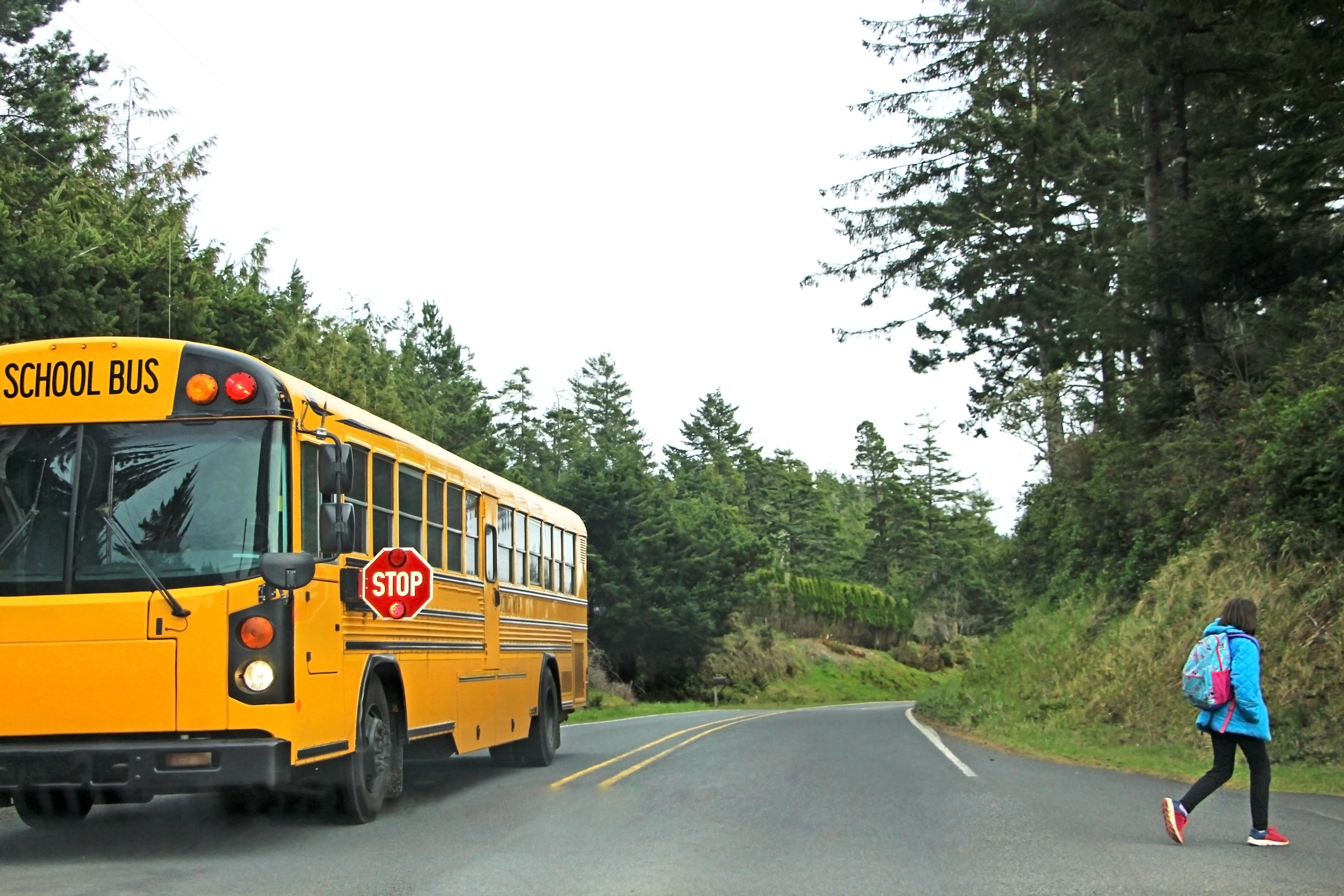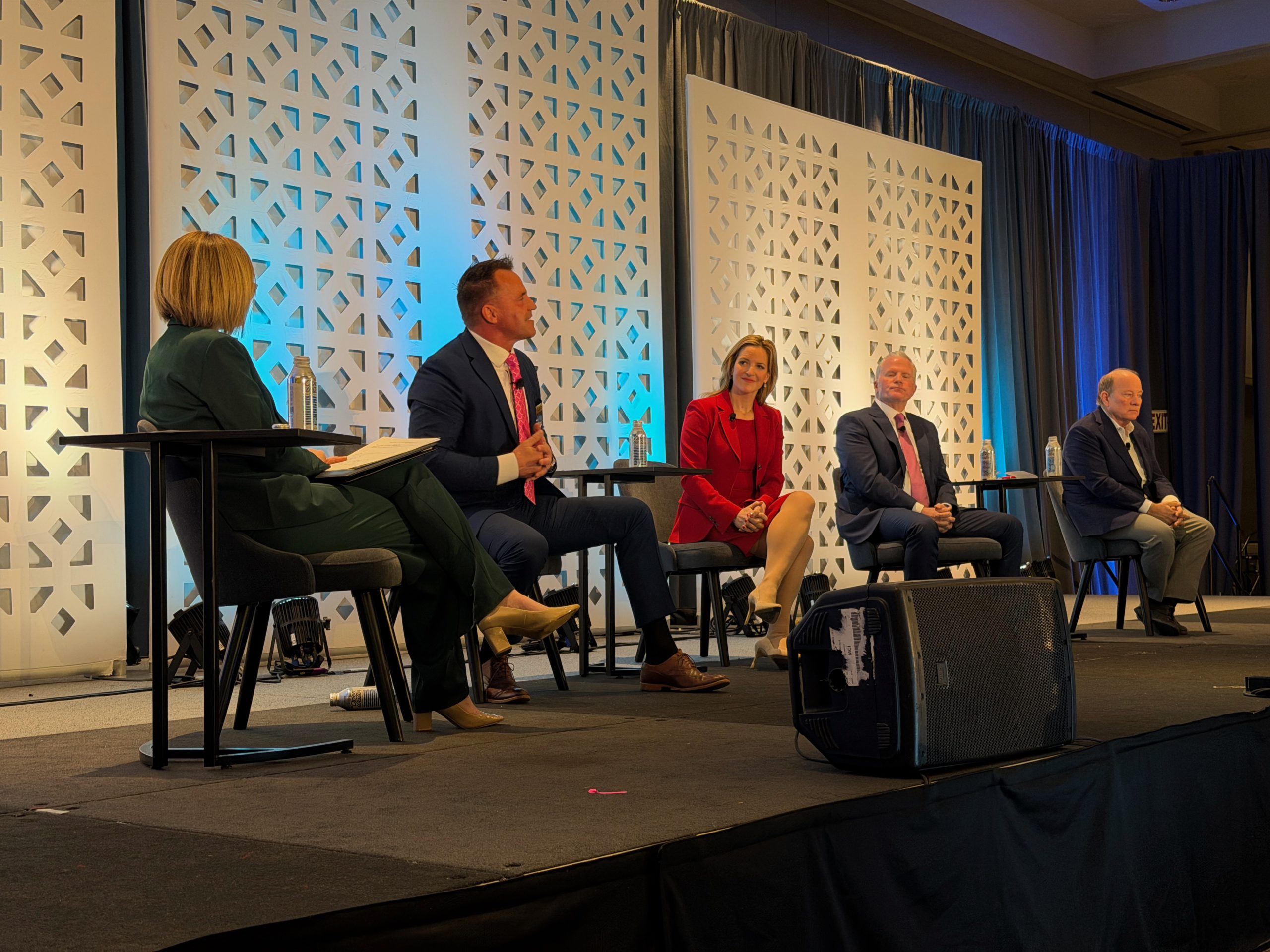Federal voucher scheme passes
By Brenda Ortega
MEA Voice Editor

The nation’s first federal school voucher scheme was tucked inside the tax cuts and spending plan that Republicans in Congress passed and President Donald Trump signed into law on July 4.
Last-minute changes require states to opt-in to participation — which adds even more significance to 2026 mid-term elections and sets up battles between public education advocates and billionaire donors like Betsy DeVos who want to privatize our schools.
While not as widely publicized as huge cuts to health care and food assistance for millions of Americans, the voucher scheme in Trump’s so-called “One Big Beautiful Bill” creates no cap on public tax dollars that can be siphoned away to private schools.
The scheme is modeled after one that DeVos pushed but failed to pass in Michigan in 2023. As was true in the DeVos plan, rural areas stand to lose the most from federal vouchers and resulting funding decreases.
“This bill will devastate our schools and communities — all to finance massive tax breaks for the ultra-wealthy,” NEA President Becky Pringle said after the measure passed the Senate.
Beginning in 2027, the plan grants a dollar-for-dollar tax credit up to $1,700 for people who donate to voucher granting organizations — more generous than any other credit in the tax code. Voucher granting organizations pass the money to eligible families for private school tuition.
Eligible families can make up to 300% of their area’s median gross income which makes a large pool of potential recipients. The plan could drain $30-50 billion from the federal education budget.
Similar schemes — deceptively marketed as scholarships for disadvantaged students — have proliferated in Republican-controlled states, including Arizona where universal vouchers blew a $1 billion hole in the state’s general fund.
“If other states want to follow Arizona, be prepared to cut everything that’s in the state budget — not just public education but health care, housing, safe water, transportation; all of it,” said Marisol Garcia, president of the Arizona Education Association.
The evidence is overwhelming in states where universal vouchers have been enacted:
- Vouchers drain funds from public schools, harm student achievement, and lack any oversight or accountability.
- By a 3-to-1 margin, tax credits and vouchers go to wealthy families whose children already attend private schools.
- Rural schools face the biggest pressures from vouchers because they generate less local revenue and rely more on state and federal funds.
In Oklahoma, which became the latest state to enact universal vouchers in 2023, educators and parents worry about what’s to come. Vouchers are not popular, Erika Wright, founder and leader of the Oklahoma Rural Schools Coalition, told NEA Today.
“I’m a registered Republican and I’ve spent hours knocking on doors and talking to Republican families. They do not support vouchers. But when it comes to electing our leaders and lawmakers, larger national narratives override their concerns about what is happening to our public schools.”
Tim Walker, senior writer and editor at NEA Today, contributed to this report.



